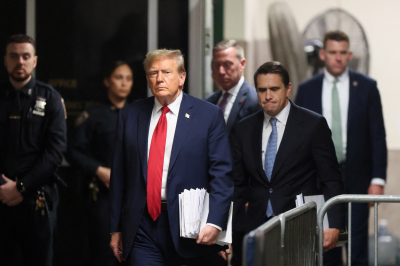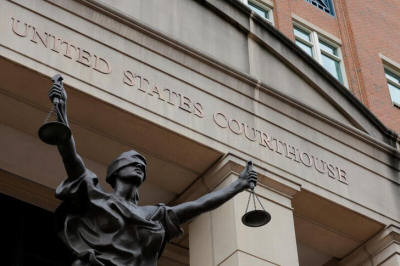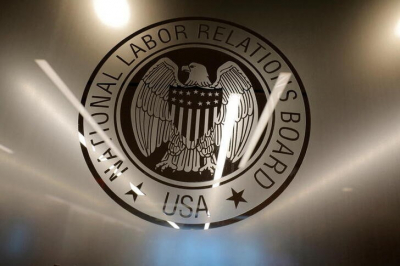
Preemptive Alert: U.S. Issues Warning to Iran Regarding 'Terrorist Threat' Ahead of January 3 Attack, Official Reveals
In a recent development, it has been disclosed by an official source that the United States had forewarned Iran of an imminent 'terrorist threat' prior to the attack that unfolded on January 3. This revelation sheds light on behind-the-scenes diplomatic efforts and intelligence exchanges between the two nations.
The information was brought to light through the diligent reporting of Simon Lewis, with additional contributions from Arshad Mohammed in Saint Paul, Minnesota. The details uncovered in this report point towards a proactive communication strategy aimed at averting potential conflicts and addressing security concerns.
As the story unfolds, the role of diplomatic channels and intelligence-sharing mechanisms becomes crucial in understanding the dynamics leading up to the January 3 incident. The disclosure underscores the complex nature of international relations and the delicate balance maintained to manage geopolitical tensions.
As with any news report, it is essential to adhere to journalistic standards. The information has been presented in accordance with The Thomson Reuters Trust Principles, ensuring accuracy, transparency, and ethical reporting practices. This disclosure opens a new avenue for analysis and discussion surrounding the intricate web of global affairs.
In conclusion, the revelation that the United States had conveyed a warning to Iran about an impending 'terrorist threat' prior to the January 3 attack adds a layer of complexity to the geopolitical landscape. The diligent reporting by Simon Lewis, complemented by additional insights from Arshad Mohammed in Saint Paul, Minnesota, has unveiled a facet of diplomatic and intelligence efforts aimed at preventing potential conflicts.
The proactive communication strategy between the two nations, as indicated by the pre-attack warning, underscores the importance of behind-the-scenes negotiations and information-sharing in managing international relations. This development prompts a deeper examination of the intricate dynamics between countries, especially in times of heightened tensions.
As the narrative unfolds, it becomes evident that understanding global affairs requires a nuanced perspective that considers diplomatic intricacies and intelligence exchanges. The adherence to journalistic standards, as highlighted by The Thomson Reuters Trust Principles, ensures that the information is presented with accuracy and transparency, contributing to a more informed discourse on the evolving geopolitical landscape. This disclosure marks a significant juncture, inviting further analysis and discussions on the complexities inherent in international relations.





